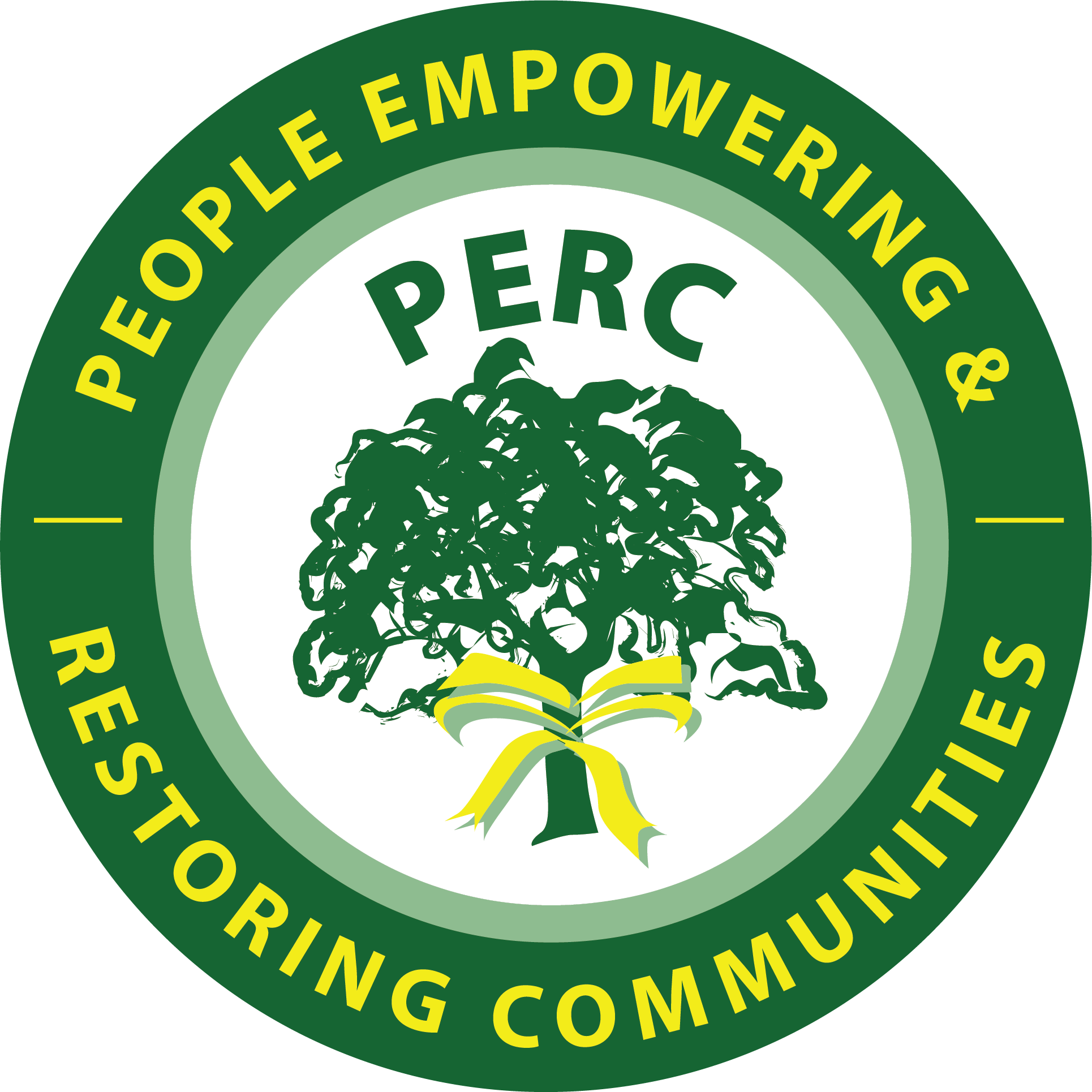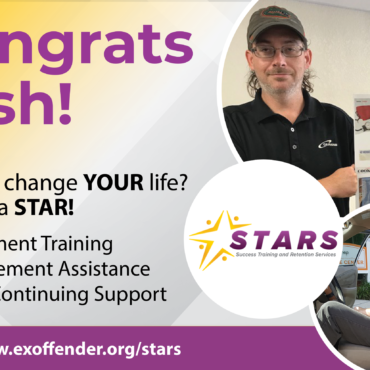November 2, 2014
3313
0
1

The Ban the Box Campaign challenges the stereotypes of people with conviction histories by asking employers to choose their best candidates based on job skills and qualifications, not past convictions.
Since 1 in 4 adults in the U.S. has a conviction history, the impact of this discrimination is widespread and affects other aspects of life in addition to employment opportunity.
Frequently Asked Questions (click below)
What is the Ban the Box Campaign?
The Ban the Box Campaign was initiated by All of Us or None to end structural discrimination against people with conviction and incarceration histories, primarily in the areas of hiring and housing policy. The Campaign asks employers to remove questions regarding conviction histories from their employment applications and to adopt hiring practices that give applicants a fair chance. For more details on the Campaign click here.
Why does the campaign refer to discrimination against people with conviction histories as structural discrimination?
We know this is structural discrimination because it is so pervasive, and affects everyone with a conviction history. The question about past convictions appears on applications for employment, housing, public benefits, college admissions, loans, and opportunities for volunteer service. Because people of color are disproportionately arrested, convicted, and incarcerated, employers’ use of arrest or conviction history has a disparate impact on those communities. The Ban the Box Campaign seeks to break this vicious cycle.
What do existing Ban the Box reforms look like?
Nine states and over 50 local governments have implemented Ban the Box reforms in multiple ways. For example, Newark, New Jersey, has prohibited all employers and all housing providers from inquiring about an applicant’s conviction records until that candidate has been found “otherwise qualified” for the job or housing. Philadelphia requires all employers (public and private, including City contractors) to delay any background check until a candidate has been selected for the position, and received a “conditional offer” of employment. The City of Boston and the City of Oakland do background checks only for jobs with unsupervised contact with finances, or vulnerable populations (elderly, youth, disabled people). For a comprehensive review of Ban the Box reforms around the country click here.
What do Ban the Box reforms look like for non-profit organizations?
Hiring procedures vary within non-profit organizations, according to size and purpose. Many organizations don’t ask about prior convictions on job applications, which is a best practice recommended by the U.S. Equal Employment Opportunities Commission (EEOC). Many social justice non-profit organizations already implement affirmative action policies to ensure race and class diversity within their staff, sometimes to better serve a client base, or to better fulfill a purpose. Ban the Box reforms in non-profit organizations would mean instituting fair hiring practices to include formerly-incarcerated people in your pool of potential employees.
What specific steps can we take to insure that we don’t discriminate against people with conviction histories?
- Remove any question regarding conviction history from your organization’s job application, unless a background check is required by statute.
- Consider that the job may not require a background check.
- Limit background checks to positions requiring unsupervised contact with finances or vulnerable people (youth, elderly, disabled).
- Postpone any background check until a finalist candidate has been selected.
- If a background check is required for the position by statute, supply the job candidate with a copy of the background report. Allow that person to correct any inaccuracies.
- Consider only convictions directly related to the responsibilities of the position, as required by Federal and state law. Do an individualized assessment of whether or not circumstances connected to a prior conviction will be repeated.
- Allow the finalist to explain the circumstances of the conviction, and to offer evidence of his or her rehabilitation.
What other pro-active steps can we take to welcome people with records into our organization?
- Create opportunities for community service at your organization by offering people positions on your Board of Directors and providing meaningful volunteer work. Community service helps people heal after the experience of jail or prison. Please welcome people coming home from incarceration into your organization and back into the community.
- Remove any questions about past convictions from the application for potentially serving on your Board of Directors, and from your volunteer information form, unless required by law.
- Seek out community service partnerships with halfway houses and treatment centers.
- Identify programs in your area that provide employment placement services and training for formerly incarcerated people, and collaborate with them when you search for new employees.
- Check area universities and community colleges to find out if they have any internship programs serving students with conviction histories and collaborate with them.
Can we take the Fair Chance Pledge before we have actually completed or implemented the steps recommended in the pledge?
Yes! By taking the pledge your organization affirms it supports the Ban the Box Campaign and will take action to implement fair hiring and volunteer policies in your workplace.
Will Ban the Box reforms create liability problems for my organization?
Liability for negligent hiring is often cited as the reason to conduct a background check during the hiring process. Such lawsuits are actually extremely rare. Court precedent has found that an employer will be protected against a negligent hiring lawsuit if: 1) a written application was used; 2) work and personal references were checked; and 3) an interview was conducted. A background check is not required for an employer to be protected against liability.
What does the EEOC say about arrest and conviction records?
In April 2012, Ban the Box supporters successfully advocated with the Equal Employment Opportunities Commission (EEOC) to win a clarification and affirmation of their Enforcement Guidance on Consideration of Arrest or Conviction Records in Employment Decisions. This Guidance requires employers to: 1. Consider only convictions directly related to job responsibilities and 2. Conduct an individualized assessment of the circumstances of any conviction and whether an applicant is likely to commit the same crime again. This EEOC Guidance makes discrimination based on conviction records a violation of Federal employment law. Because people of color are disproportionately arrested, convicted, and incarcerated, employers’ use of arrest or conviction history has a disparate impact on those communities, and is therefore prohibited by Title VII of the 1964 Civil Rights Act.
What if my organization serves vulnerable populations (youth, elderly, disabled people)? We are required by law to conduct background checks of employees, but want to be welcoming and inclusive in our policies.
For people with records to have a fair chance at employment, it’s important for employers to know how and when to consider past convictions. A background check may be required by law as a tool to assess what risk (if any) a potential employee may pose to the people you serve. If a background check is required by law, it’s still possible for any employer to conduct this check after an employee has been found otherwise qualified, or after a conditional offer of employment has been made. EEOC guidelines prohibit employers from considering convictions that are not directly-related to job responsibilities in the position sought. These guidelines urge employers to conduct an individualized assessment of how recent a conviction may be, and to consider evidence of rehabilitation of the applicant. Any blanket ban on hiring people with past convictions is illegal. These model policies allow an employer to fulfill the requirements of the law for background checks to be conducted, while considering past convictions fairly and in compliance with state and federal law.
What are the benefits of including people with past convictions among our staff, Board, and volunteers?
- Most organizations want the best qualified people working on their staff. Eliminating a conviction history check unless required by law or because of job responsibilities, broadens the pool of highly skilled candidates for any job.
- Most past convictions are not directly related to jobs sought, and people deserve the chance to be judged based on their qualifications, not their past convictions. Discrimination stops many people with conviction records from securing jobs; once they find a job, most are exceptionally hard workers, determined to keep their employment.
- Our social justice non-profits can be an example of fair hiring practices for other private employers, thus increasing general employment opportunity for people with conviction records.
- Building on past successes at increasing diversity among staff and Boards, non-profit organizations and foundations can now address the impact of the disproportionate incarceration of people of color. Including people with past convictions or histories of incarceration on Boards and among volunteers brings diversity of viewpoints into any non-profit organization.
- This practice may actually increase the accountability of a non-profit to the people it serves, and may improve the quality of services delivered.
How does my organization take the pledge?
It’s simple, just fill out the form in the center of this page.
Categories: News
Tags: ban the box, discrimination, eoe, exoffenders, Jobs


